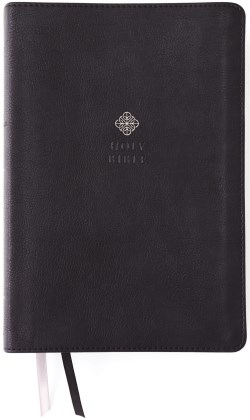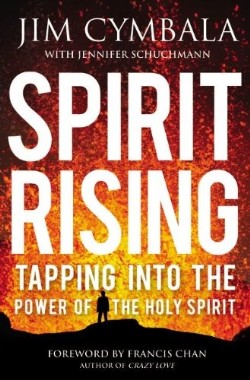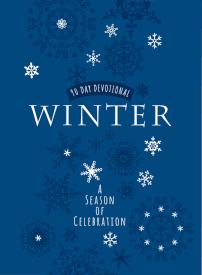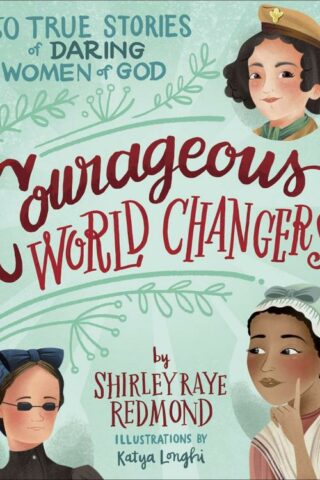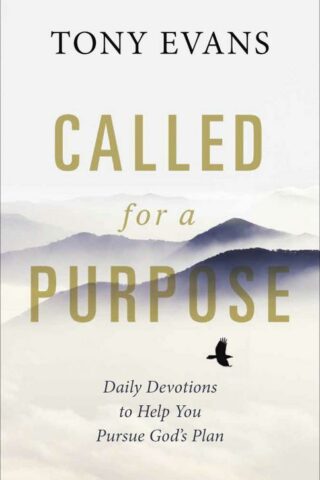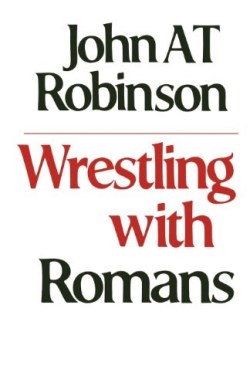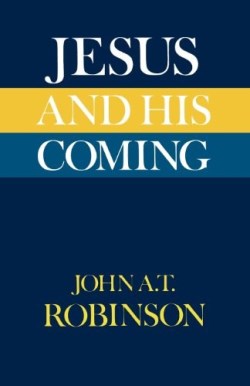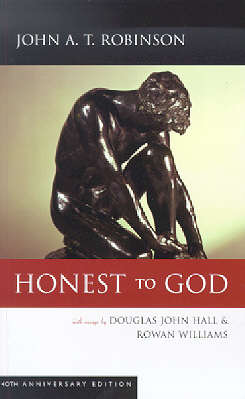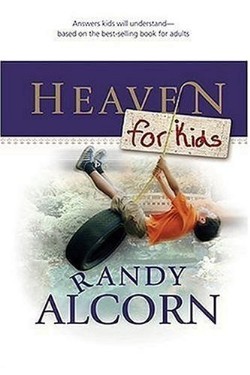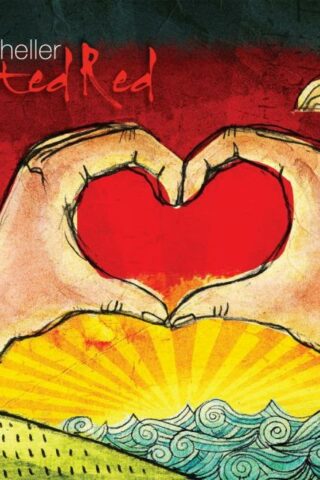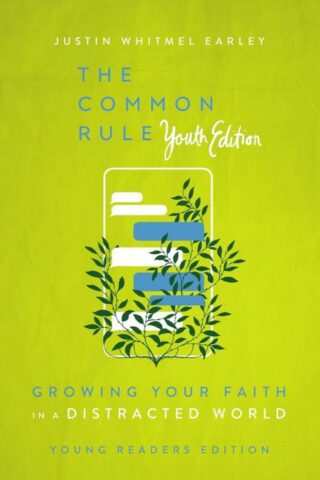John Robinson
Showing all 3 resultsSorted by latest
-
Wrestling With Romans
$35.00`I have vowed,’ Dr Robinson says, ‘never to write a biblical commentary. For in a commentary you have to say something on everything, whether you have anything to say or not. This is why most commentaries, in my experience, are duller than other books written by the same persons, even on the same subject. But they are indispensable quarries.’ Sensing the lack of something between them and books designed for daily or group Bible study, he has provided a guide to the Epistle to the Romans which will set the historical context, draw attention to the points of interest and importance, and help the would-be reader to wrestle with its often difficult message. `I do not promise only blood, sweat and tears. On the contrary, the Epistle to the Romans offers what Winston Churchill also called the sunlit uplands, indeed the very heights of Christian experience and theology. But to appreciate them one must be prepared to work at it. A church where this wrestling is not being seriously attempted, especially in the most educated generation of its history to date, will be impoverished in its capacity to transform the world rather than be conformed to it.
Add to cartin stock within 3-5 days of online purchase
-
Jesus And His Coming
$35.00In this controversial study, first published in l957. Dr Robinson looked for the origins of the doctrine of the Second Coming in the belief of the early church. His conclusion, that the early church may well have misinterpreted the original teaching of Jesus on the issue, was based on a careful and thorough examination of the New Testament material. In his preface to this reissue, he writes: In the quarter of a century since I worked on the material I am not persuaded that the thesis of the hook has lost its importance Or its credibility. How and why the doctrine of the Parousia or Second Coming of Christ emerged in the thinking of the earliest Christian Communities remains of vital significance as we continue to wrestle today with how we can re-express it theologically, apply it politically, o?mmunicate it pastorally or incorporate it liturgically. that part of Christian teaching which asserts that Christ has to come into everything would seem on the t face of it to he the easiest to make relevant. Yet how much of its traditional formulation rests On a mistake, or represents a myth we can scarcely make our own? Until we understand what in that primordial explosion of truth which marked the first decades of the Christian movement caused it to he thrown up. what positive insights it embodied–and. I would say, distorted–we shall not he free to proclaim it with conviction or to apply it with discernment.’
Add to cartin stock within 3-5 days of online purchase
-
Honest To God (Anniversary)
$34.001. Reluctant Revolution
2. The End Of Theism?
3. The Ground Of Our Being
4. The Man For Others
5. Worldly Holiness
6. ‘The New Morality’
7. Recasting The MouldAdditional Info
The republication of John Robinson’s 1963 volume, Honest To God, invites us to reread this controversial work with fresh eyes in the light of the many trends of this forty-year period toward greater plurality, globalization, and inclusivity in cultural and religious thought. Such a rereading will allow Robinson’s volume to be seen as one that called, not for the discarding of Christian faith in God and Christ, but for a clarification of what is essential to that faith.Add to cartin stock within 3-5 days of online purchase

